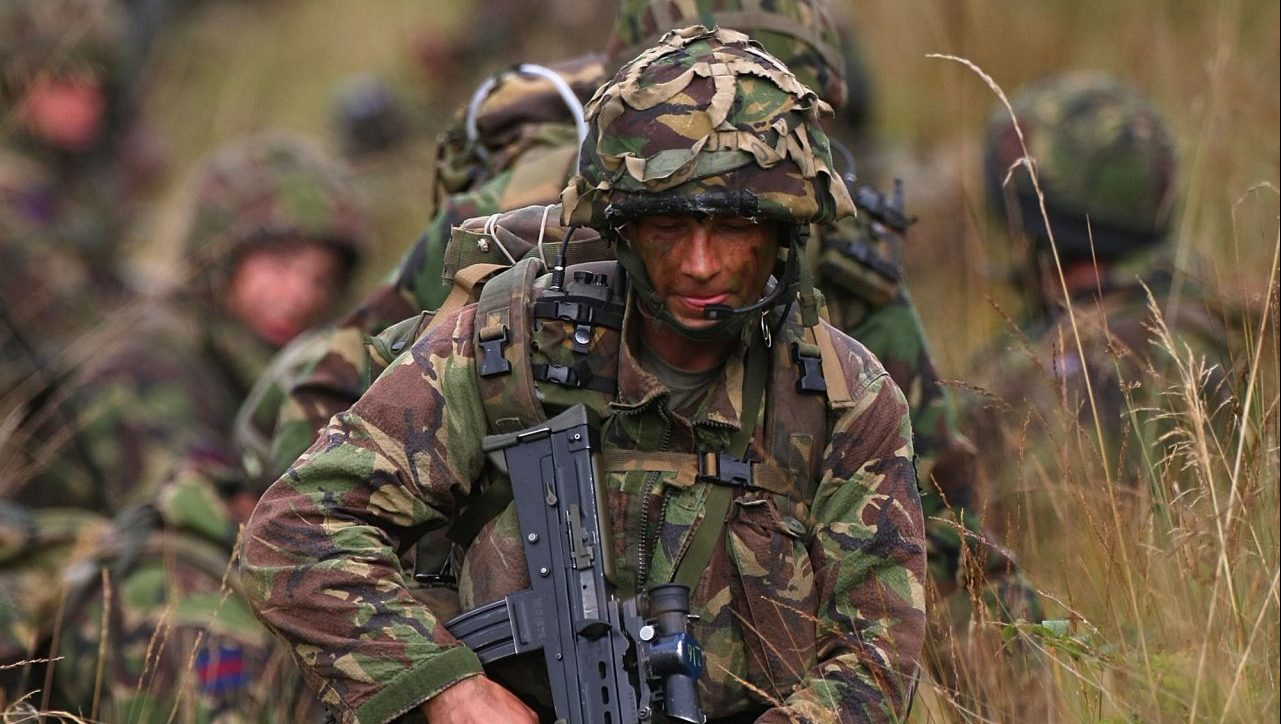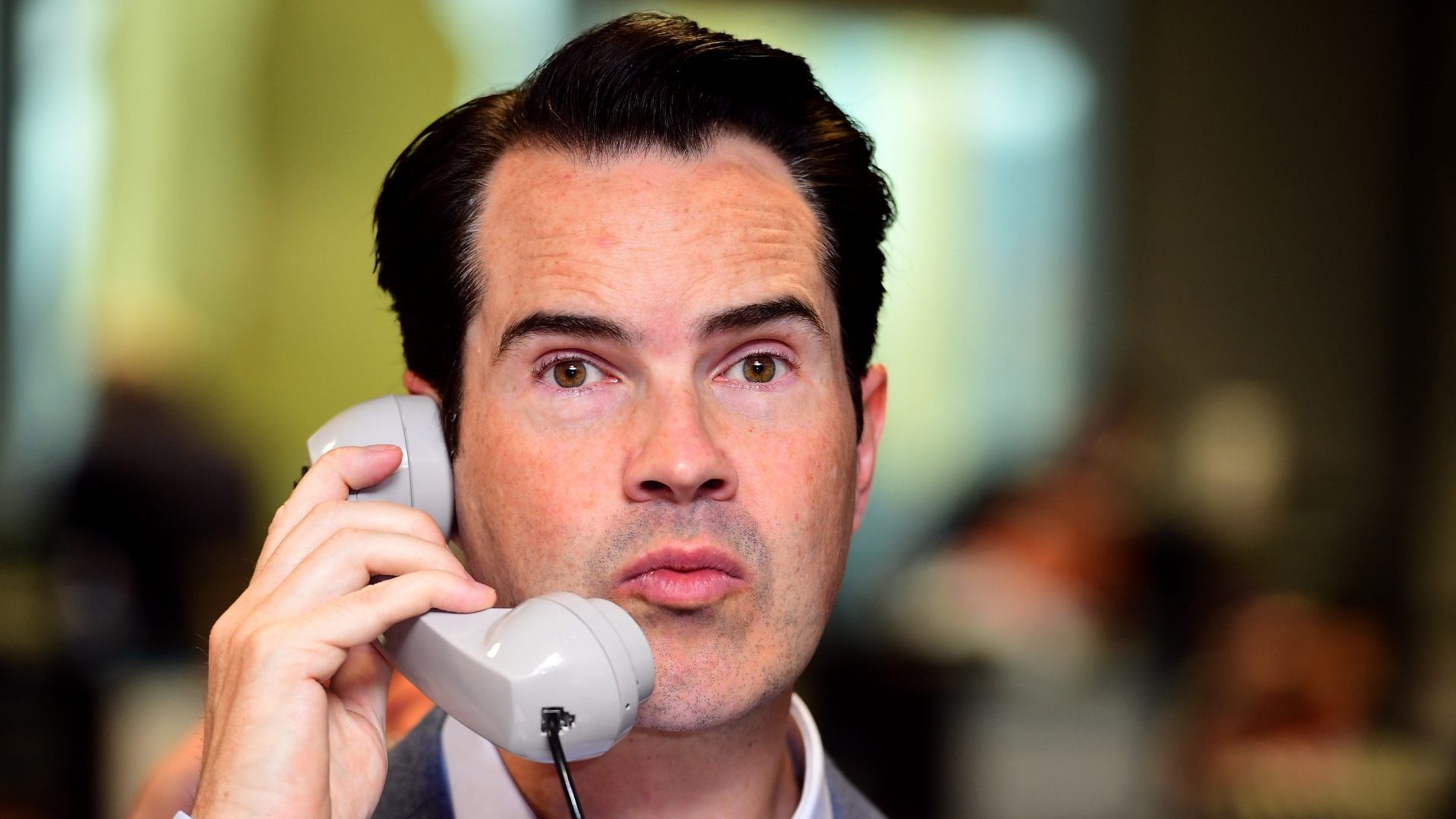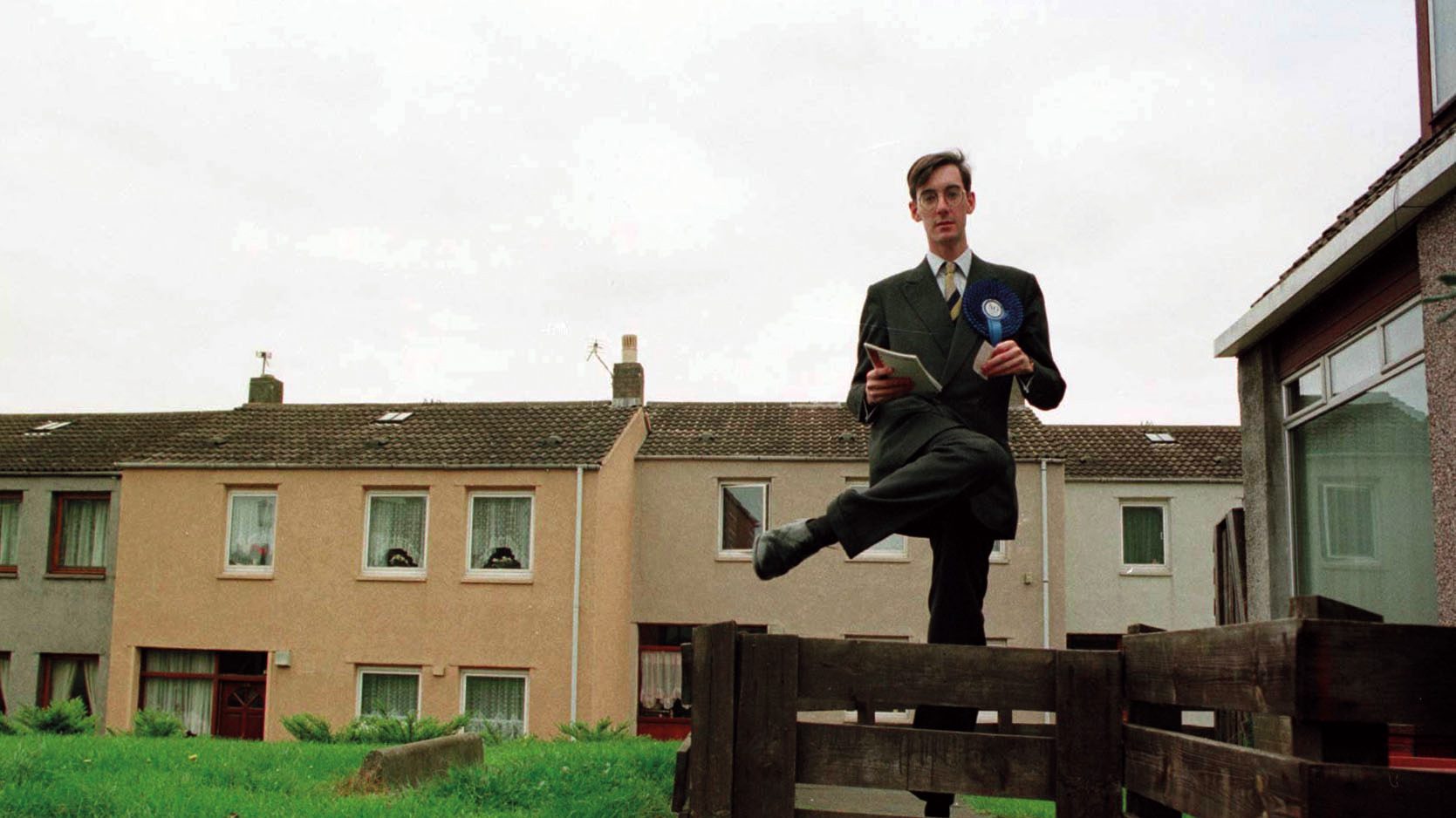In my local park in south London, there is a memorial to two units of the British army whose names have confused me for years: the 1st/7th and 2nd/7th battalions of the Queen’s Royal Regiment. Why did they need two 7th battalions?
It turns out that in April 1939, with war looming, the government ordered the Territorial Army – a reserve force of 170,000 volunteer soldiers – to double in size. So each battalion had to become a “first” and a “second”. In this way, in the borough of Southwark alone, six such infantry units were created overnight.
And this was no Dad’s Army. In April 1940 both battalions were sent to fight in France. The casualties were so huge that both had to be rebuilt from scratch after the Dunkirk evacuation.
Today, as geopolitics get scary, their story may hold valuable lessons for us.
It is possible that, within weeks, Russia will launch a full-scale invasion of Ukraine. There is no chance that British or other Nato troops will fight to defend Ukraine. In the best-case scenario, Ukraine avoids war by agreeing to normalise Russia’s seizure of its eastern territories. In the worst case, we see thousands killed, followed by a permanent military face-off between Nato and Russia.
In either case, the geopolitics of the world will have changed – and not by accident, but by design. Vladimir Putin’s aim – announced openly in a declaration signed with China’s strongman, Xi Jinping, on February 4 – is to normalise dictatorships run by criminal oligarchs worldwide.
In the future, we’ll decide what democracy means, say Russia and China. So forget fair elections and meaningful multi-party systems. Above all, forget the so-called colour revolutions whereby the peoples of Georgia, Armenia, Belarus, Kazakhstan, Ukraine and Russia itself have attempted – since 2008 – to bring real democracy to their countries.
The idea of a rules-based global order, in which universal human rights override national politics, and where the UN exists to enforce international law: all that is old hat.
Unfortunately, the whole of Western security and defence thinking has been framed around the existence of a rules-based system. Britain assumed it was the permanent ally of a stable and powerful US, and tailored its armed forces to provide niche specialisms and a professional cutting edge to the US military juggernaut.
One of the certainties of British politics since the 1980s is that the army should be small and professional, supplemented by an even smaller volunteer reserve force. Since 2010, under successive Conservative governments, the target size of the army has shrunk from 102,000 to 72,000. The Volunteer Reserves number just under 30,000.
One ex-army officer I spoke to described the reserves as “basically auxiliaries” – people without whom the regular army could not mobilise, and nothing like the separate, parallel Territorial Army Britain could draw on in two world wars.
If Britain now faces a long period where our armed forces have to be deployed at Nato’s eastern borders, we are going to need a bigger army. To Labour’s credit, it said this clearly long before Putin began amassing tanks and missiles on Ukraine’s doorstep, and has pledged to reverse the most recent cut of 9,000, announced by Boris Johnson this year.
The task of that army will be conventional deterrence: ie matching the forces and weapons Putin deploys to menace the democracies of Eastern Europe, in order to make it unthinkable that they could be attacked as Ukraine now fears.
In turn, the character of the armed forces will need to change.
During the cold war of 1948-89, Russia made no serious attempt to undermine the democratic culture of Western Europe. Today, the whole gist of Putin’s strategy is to undermine our democracies, interfere in our elections, spread disinformation and corrupt our financial systems. Putin’s advisers regard this new cold war as desirable and winnable.
One side-effect of having a shrunken, professionalised army is that it begins to look less and less like the society it is there to protect. The modern officer corps is full of bright graduates, but its ethos is still white, male-dominated and public school. The other ranks are still often drawn from the poorest communities, and from families where military service is a tradition.
If the 1st/7th and 2nd/7th QRR existed in modern Southwark they would be recruiting from one of the most ethnically and religiously diverse places in the world.
The old Territorial Army existed because, in 1906, the Liberal peer Richard Haldane realised Britain had to learn from its failures in the Boer war. It would no longer be fighting colonial wars in far-off countries but would be needed to deter German aggression in Europe. It would also need a big reserve, rooted in Britain’s working-class communities, capable of mobilisation in times of crisis.
Haldane faced a huge backlash. But he won the argument.
Today we’re not even having the argument. Much of the progressive half of the electorate doesn’t want to think about security and defence policy at all.
But Putin and Xi have changed the world. Our own security has to be maintained through different means. After years of shrinkage, we’re going to need a bigger military. I don’t like it, and maybe you don’t either – but we won’t like the world as it would be if we were defenceless against these billionaire crooks.
An expanded reserve, rooted in the diverse communities of Britain, is something politicians should seriously consider.




